-
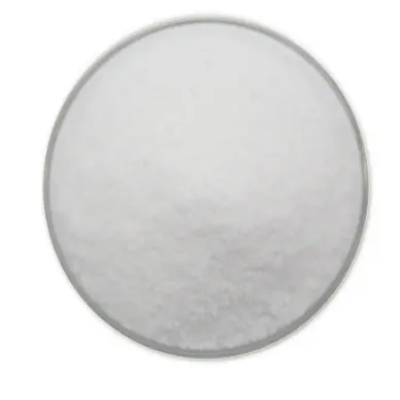
2,2-Difluoro-5-aminobenzodioxole CAS:1544-85-0
2,2-Difluoro-5-aminobenzodioxole is a unique organic compound that features a benzodioxole core with two fluorine atoms at the 2-position and an amino group at the 5-position. This compound is known for its high reactivity and stability, which make it an important intermediate in the synthesis of various compounds, including pharmaceuticals, agrochemicals, and natural products.
-
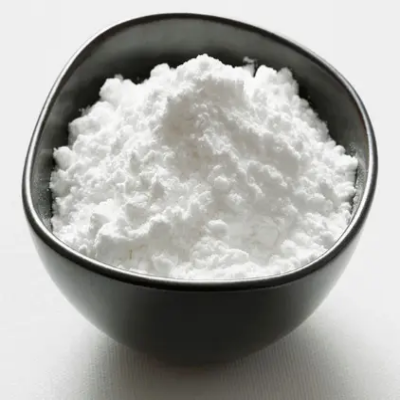
N,N’-Di(2-Hydroxyethyl)piperazine CAS:122-96-3
N,N’-Di(2-Hydroxyethyl)piperazine (DHEP) is a colorless liquid with a faint amine-like odor and the molecular formula C6H12N2.
-
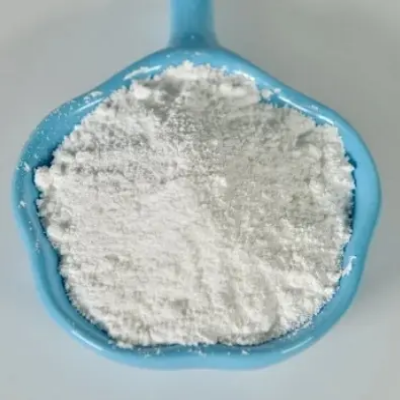
3-Bromo-4-fluorobenzaldehyde CAS:77771-02-9
3-Bromo-4-fluorobenzaldehyde is a chemical compound with the molecular formula C7H4BrFO.
-
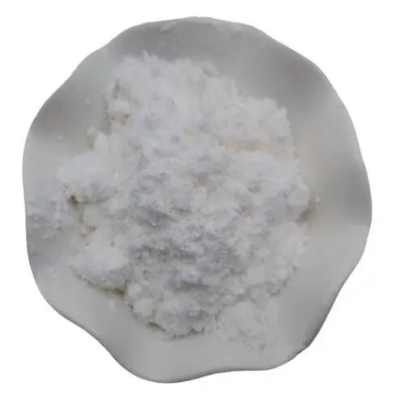
2-Chloropyridine-5-carbaldehyde CAS:23100-12-1
2-Chloropyridine-5-carbaldehyde is a chemical compound with the molecular formula C6H4ClNO. It is a white to off-white solid with a characteristic odor. This compound is utilized as a key intermediate in organic synthesis due to its functional groups and reactivity.
-
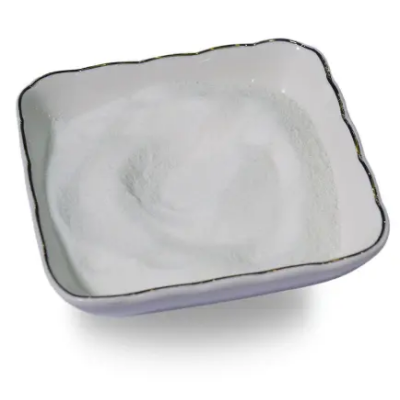
Triethylene Diamine CAS:280-57-9
Triethylene Diamine (TEDA) is a colorless liquid with an ammonia-like odor. It is primarily used as a crosslinking agent in the production of polyurethanes and epoxy resins.
-
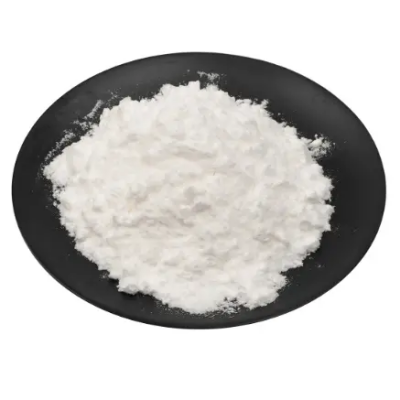
S-3-hydroxytetrahydrofuran CAS:86087-23-2
S-3-Hydroxytetrahydrofuran is a cyclic ether, commonly referred to as THF-3-ol. It possesses a five-membered ring, with one of the carbon atoms bearing a hydroxyl (-OH) group, which is responsible for its polarity and reactivity. This compound is a valuable synthon in organic synthesis due to its ability to undergo a variety of chemical transformations.
-
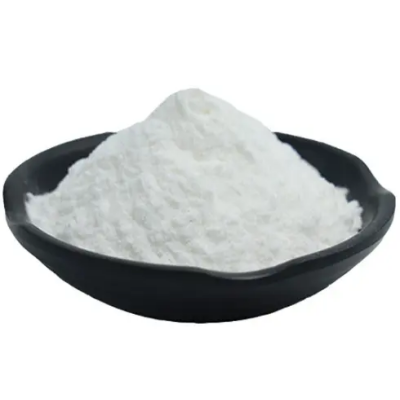
(2S,3R,4S,5S,6R)-2-(3-(4-((S)-tetrahydrofuran-3-yloxy)benzyl)-4-chlorophenyl)-tetrahydro-6-(hydroxymethyl)-2-methoxy-2H-pyran-3,4,5-triol CAS:1279691-36-9
The compound (2S,3R,4S,5S,6R)-2-(3-(4-((S)-tetrahydrofuran-3-yloxy)benzyl)-4-chlorophenyl)-tetrahydro-6-(hydroxymethyl)-2-methoxy-2H-pyran-3,4,5-triol is a complex organic molecule with a multitude of functional groups. It features a tetrahydrofuran moiety attached to a benzyl group, a chlorinated phenyl ring, and a hydroxymethyl group on a pyran ring. This molecule is a result of a series of organic reactions that involve the selective introduction of substituents at specific positions on the pyran and tetrahydrofuran rings.
-

4-Acetyl-2-methylbenzoic acid CAS:55860-35-0
4-Acetyl-2-methylbenzoic acid is an organic compound that combines the structural elements of a carboxylic acid and a ketone within the same molecule. Its structure consists of a benzene ring substituted with a methyl group at the 2-position and an acetyl group at the 4-position, with a carboxylic acid group attached to the 1-position.
-
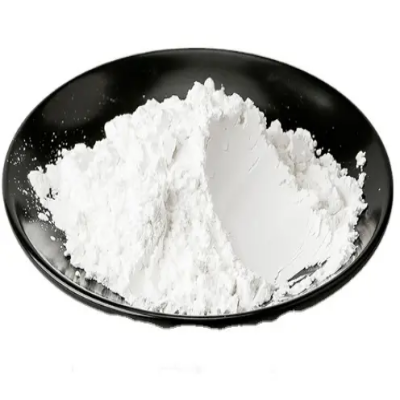
3-tert-butyl-6-(ethylthio)-1,3,5-triazine-2,4(1H,3H)-dioneCAS:1360105-53-8
3-tert-Butyl-6-(ethylthio)-1,3,5-triazine-2,4(1H,3H)-dione is a heterocyclic compound that features a triazine ring substituted with a tert-butyl group at the 3-position and an ethylthio group at the 6-position. The triazine ring, a six-membered aromatic ring with three nitrogen atoms, is known for its stability and chemical reactivity.
-
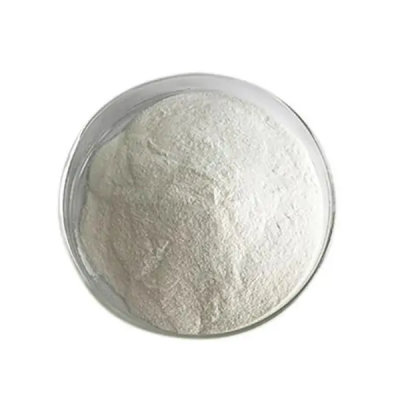
3-tert-butyl-6-(ethylthio)-1,3,5-triazine-2,4(1H,3H)-dioneCAS:1360105-53-8
3-tert-Butyl-6-(ethylthio)-1,3,5-triazine-2,4(1H,3H)-dione is a heterocyclic compound that features a triazine ring substituted with a tert-butyl group at the 3-position and an ethylthio group at the 6-position. The triazine ring, a six-membered aromatic ring with three nitrogen atoms, is known for its stability and chemical reactivity.
-
![3-CHLOROMETHYL-1-METHYL-1H-[1,2,4]TRIAZOLE CAS:135206-76-7](https://cdn.globalso.com/xindaobiotech/3J2X34TVMPYG9BHK7IO6313.png)
3-CHLOROMETHYL-1-METHYL-1H-[1,2,4]TRIAZOLE CAS:135206-76-7
3-Chloromethyl-1-methyl-1H-[1,2,4]triazole is a heterocyclic compound consisting of a 1,2,4-triazole ring substituted with a methyl group at the 1-position and a chloromethyl group at the 3-position. This molecule is an interesting derivative of the 1,2,4-triazole core, which is known for its planar, aromatic nature and its ability to participate in various chemical reactions.
-
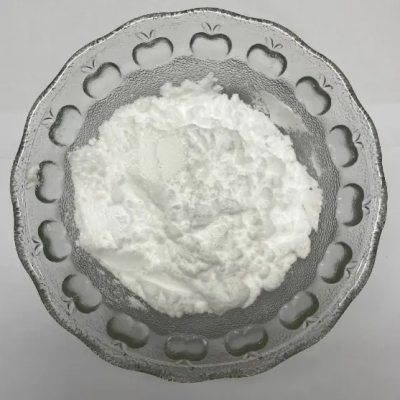
2,3,4,6-Tetrakis-O-trimethylsilyl-D-gluconolactone CAS:32384-65-9
2,3,4,6-Tetrakis-O-trimethylsilyl-D-gluconolactone is a highly functionalized derivative of D-gluconolactone, a cyclic ester derived from D-glucose. In this derivative, all four available hydroxyl groups on the gluconolactone skeleton have been protected with trimethylsilyl (TMS) groups. This protection strategy is commonly employed in organic synthesis to mask the reactivity of the hydroxyl groups, allowing for selective transformations to be performed on the remaining unprotected sites.

